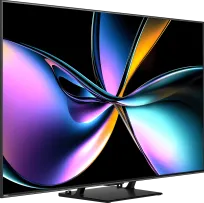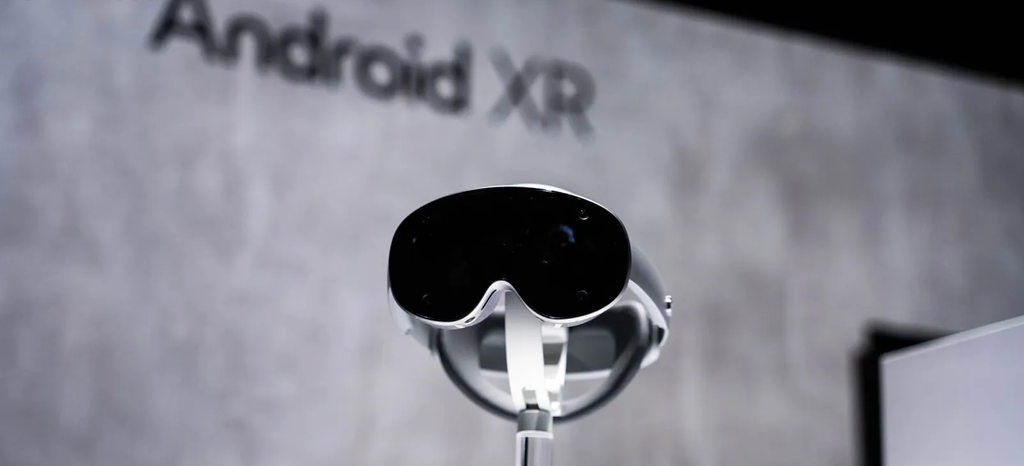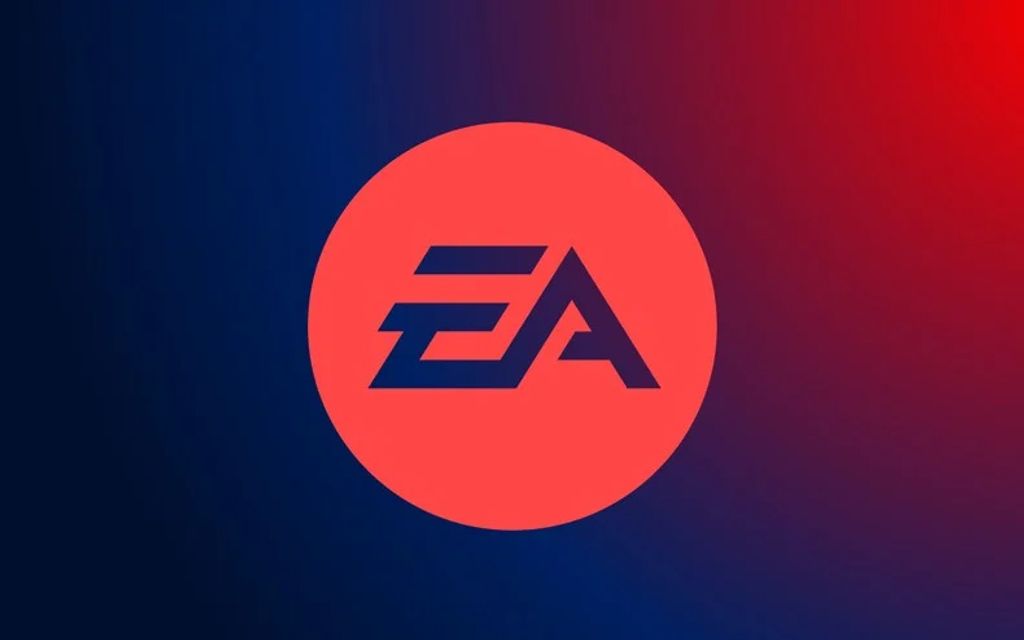
Who would have thought that Fortnite would return to iOS. Seriously. After almost five years of dirty laundry between Apple and Epic Games, the battle royale icon is once again available in the American App Store. This isn't just news for gamers – it's a moment that could change the landscape of the mobile app market. But before we fire up Victory Royale on the iPhone, it's worth recalling what really happened.
One click on "buy now" and everything fell apart...
In 2020, Epic decided to say "no" to Apple's 30% commission and implemented its payment system into Fortnite. The result? Apple didn't hold back and removed the game from the App Store. This was the beginning of one of the most publicised tech disputes in recent years. Epic sued Apple for monopolistic practices, and Apple accused Epic of intentionally breaking the rules. Lawsuits, accusations, hashtags – the whole internet was abuzz with this conflict.
Today? Fortnite is back on the iPhone. First the European Union, now the States. Changes in regulations and Apple's approach allowed Epic to return. But this doesn't mean complete victory yet – the details of the agreement are unclear, and Apple has not given up its commission or control.
Has Apple stepped back? More like it has taken a sidestep
Experts, like Joost van Dreunen from NYU, refer to it as a "symbolic defeat for Apple". But Apple is still Apple – no one gives up easily there. Fortnite is returning, but not entirely on its own terms. And while Epic may celebrate, it’s more of another round than a final bell.
It was easier in Europe – the DMA regulations forced the opening of the iOS system to other app stores. That's why Fortnite was already available through AltStore or the Epic Games Store back in January. But returning to the main App Store in the USA is a bigger move - it signified a total concession by Apple.
Fortnite is back in your pocket. And I mean literally
Fortnite is no longer just a game. It is a part of today's pop culture, 400 million players, and events on par with Ariana Grande's concerts within the game. People may have different opinions about this production, but no one can deny its influence. The return to iOS means you can once again fire up the game while waiting in line at the post office, on the tram, or lying on the sofa – without messing around with Android.
If Epic really wants to break the dominance of app stores, then now it has the tools to do so. iPhones are once again the board for this game. And Apple? Apple will need to rethink some of its rules if it does not want more game developers to follow in Fortnite's footsteps.
 Katarzyna Petru
Katarzyna Petru













